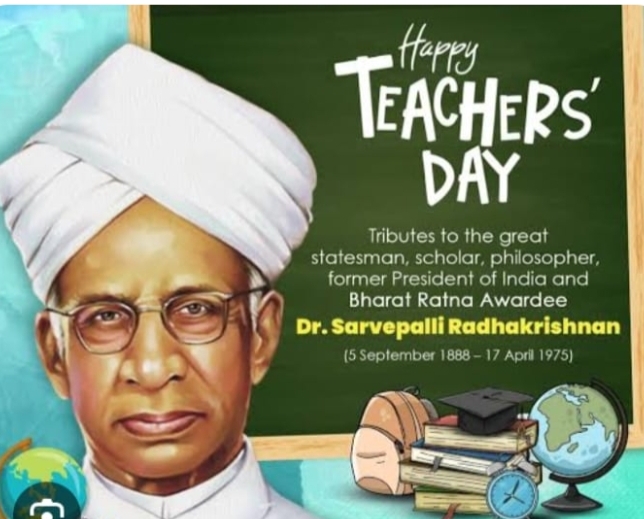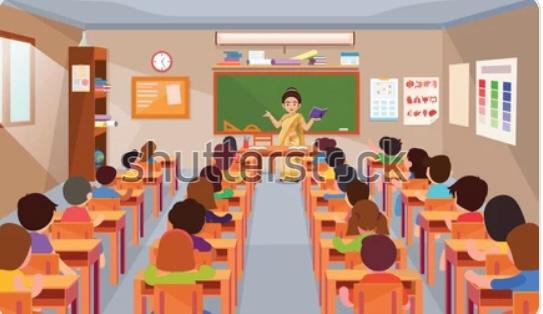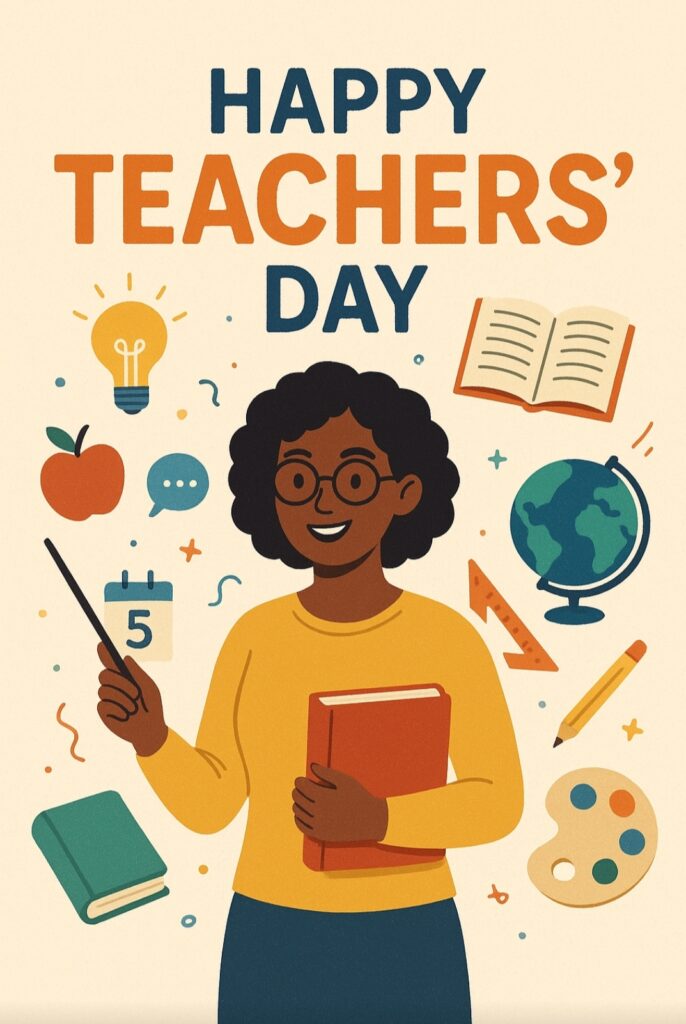


Beyond Algorithms: Why Teachers Matter in the Age of AI
Every year on 5 September, India pays tribute to Dr. Sarvepalli Radhakrishnan, a philosopher and former President who believed education was the bedrock of society. In 2025, this annual celebration of Teachers’ Day carries an urgency unlike before. The classroom is no longer just chalkboards and textbooks—it is increasingly mediated by Artificial Intelligence (AI).
From automated grading to personalised lesson plans, AI is being hailed as a transformative force in education. Yet the question lingers: can machines truly replace the human spirit of teaching? The answer, resoundingly, is no.
Promise of AI, Limits of Machines
AI has shifted from buzzword to classroom reality. It powers platforms that adapt to students’ pace, provides instant feedback, and drafts lesson plans tailored to learning levels. For teachers overburdened by paperwork, these tools can be liberating.
The Central Board of Secondary Education (CBSE) recognised this potential early, introducing AI as a subject in Classes IX and XI in 2019 and expanding it in 2023 through project-based modules with tech partners like Intel. Today, students design AI models for traffic management or environmental sustainability, guided by teachers trained as mentors rather than mere instructors.
At the university level, IIT Delhi is experimenting with AI-driven adaptive learning systems in government schools. Their pilots in Delhi and Haryana focus on bridging gaps in maths and science while keeping teachers central in interpreting data and giving personalised feedback.
These are not minor experiments; they are indicators of a system in transition. But the human element remains indispensable.
The Human Touch Cannot Be Coded
Teaching is not the transmission of information—it is the shaping of character. AI may deliver efficiency, but it cannot replicate compassion.
Teachers provide what no algorithm can: the ability to sense hesitation in a child’s body language, the encouragement that builds resilience, the ethical questioning that forces students to reflect. Machines generate answers, but teachers foster the courage to ask difficult questions.
In an era where biases in algorithms and misinformation abound, teachers serve as ethical anchors. As one Delhi teacher put it during a CBSE training workshop: “AI can suggest content, but it cannot replace the compassion behind why we teach.”
Collaboration, Not Competition
The debate must move beyond AI versus teachers. The more urgent framing is AI with teachers. Data-driven insights from AI can pinpoint student weaknesses, but only a teacher can contextualise them with empathy and encouragement.
This collaborative model is being tested globally—from Estonia’s AI tutors to Khan Academy’s AI-powered assistant. In India, states like Tamil Nadu and Karnataka are piloting adaptive assessments in government schools. These experiments underline the same truth: AI is an assistant, not a substitute.
The Risks of a Digital Divide
But optimism must be tempered with caution. India’s digital infrastructure remains patchy. While elite schools in cities experiment with AI, many government schools in rural India struggle for basic connectivity. Left unchecked, AI could deepen inequalities rather than bridge them.
There is also the danger of shallow learning. Students tempted to use AI tools for assignments risk bypassing critical thinking. Teachers must therefore design inquiry-driven assessments that demand reflection, not regurgitation.
And there is the challenge of trust. Globally, universities have faced protests over uneven AI policies. Indian schools, too, will need clear guidelines to prevent misuse and ensure fairness.
Reimagining the Teacher’s Role
AI’s rise is not about displacing teachers but reshaping their roles. Teachers are no longer gatekeepers of knowledge—they are guides, facilitators, and ethical anchors.
• From lecturers to mentors who help students make sense of digital information.
• From knowledge dispensers to facilitators who spark curiosity and deeper inquiry.
• From authority figures to co-learners, modelling adaptability in a changing world.
The teacher of the AI age is not diminished; rather, the role is elevated.
A Call for Policy and Vision
If India wants AI to strengthen education, it must act decisively. This means:
• Investing in digital infrastructure for government schools.
• Expanding teacher training programmes on blended learning and AI fluency.
• Creating national guidelines on ethical AI use in classrooms.
• Encouraging public-private partnerships where pedagogy—not profit—is the priority.
Without such interventions, the promise of AI risks becoming another story of uneven opportunity.
Teaching Humanity in a Digital Future
On this Teachers’ Day, it is worth returning to Dr. Radhakrishnan’s enduring belief: the true purpose of education is to shape responsible citizens. AI can deliver knowledge, but only teachers can deliver meaning.
Algorithms cannot inspire curiosity, comfort a struggling child, or instil values. Those remain the prerogatives of teachers. In a world where machines increasingly occupy our spaces, teachers remain the human anchors, steering education not away from but through AI, toward a future that is ethical, inclusive, and deeply human.
Hasnain Naqvi is a former member of the history faculty at St. Xavier’s College, Mumbai

Symbolic pictures used


